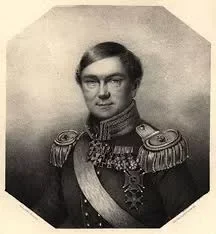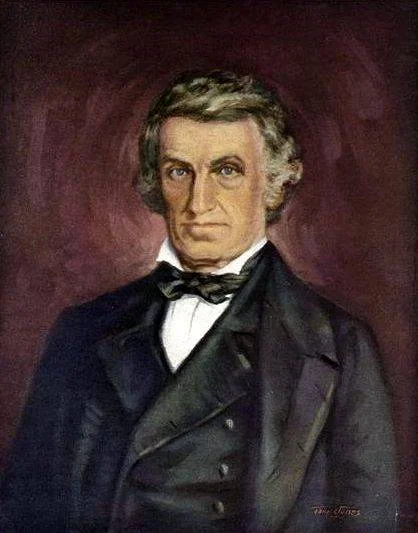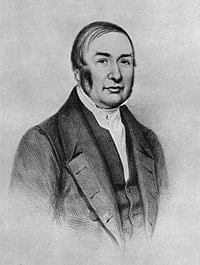Real Celebrities Never Die!
OR
Search For Past Celebrities Whose Birthday You Share

source:wikipedia.org
Karl Ferdinand von Gräfe
Birthday:
08 Mar, 1787
Date of Death:
04 Jul, 1840
Cause of death:
Unknown
Nationality:
German
Famous As:
Surgeon
Age at the time of death:
53
Introduction to Karl Ferdinand von Gräfe
Karl Ferdinand von Gräfe, born on March 8, 1787, and died on July 4, 1840, was a renowned German surgeon recognized as one of the key figures in the development of modern plastic surgery. His groundbreaking work primarily focused on cleft lip and palate, rhinoplasty, and eye surgery.
Education and Early Career
Karl pursued his medical studies at the University of Halle and the University of Leipzig before assuming the role of a surgery professor at the University of Berlin in 1810. Concurrently, he served as the director of the surgical clinic at the esteemed Charité Hospital in Berlin.
Contributions to Plastic Surgery
Von Gräfe left an indelible mark on the field of plastic surgery, particularly in facial reconstruction for individuals with deformities. In 1816, he achieved a significant milestone by successfully performing the first-ever operation to repair a cleft lip. This accomplishment led him to publish a comprehensive treatise on the subject in 1818.
Innovations in Rhinoplasty and Skin Grafting
Karl pioneered innovative techniques for rhinoplasty and published a book in 1818 that explored the history and practice of nasal surgery. He revolutionized skin grafting and flap surgery methods and introduced the use of local anesthesia and antiseptic measures.
Advancements in Ophthalmology
Beyond his contributions to plastic surgery, Karl Ferdinand von Gräfe was also a pioneer in ophthalmology, specializing in eye-related medical treatments. He performed the first operation for glaucoma, a condition that causes increased pressure in the eye, in 1827. He also invented several instruments for eye surgery, such as the cataract knife, the iris forceps, and the eye speculum.
Final Days and Death
Karl Ferdinand von Gräfe spent his final days in Hanover, Germany, where he had been called to operate on the eyes of the crown prince. On July 4, 1840, at the age of 53, von Gräfe died suddenly. The exact cause of his death is not specified in the available information. His body was returned to Berlin, where he was laid to rest in the Protestant Friedhof II der Jerusalems- und Neuen Kirchengemeinde in Berlin-Kreuzberg.
Legacy and Impact on Surgery
Von Gräfe left behind a remarkable legacy in the field of surgery, particularly in plastic and reconstructive procedures. He pioneered rhinoplasty techniques, combining Italian methods with ancient Indian surgical practices.
Influence on Modern Plastic Surgery
Von Gräfe also made significant contributions to cleft palate repair and eyelid surgery, coining the term “blepharoplasty” in 1818. His work laid the foundation for modern plastic surgery and influenced generations of surgeons. As a professor at the University of Berlin, he attracted students from all over Europe, sharing his knowledge and innovative techniques. Von Gräfe’s contributions to medicine continue to impact surgical practices today, cementing his place as a pivotal figure in the history of surgery.
Name:
Karl Ferdinand von Gräfe
Popular Name:
Karl Ferdinand von Gräfe
Gender:
Male
Cause of Death:
Unknown
Spouse:
Place of Birth:
Warsaw, Poland
Place of Death:
Hanover, Germany
Occupation / Profession:
Personality Type
Architect: Karl Ferdinand was an intellectual person who was also ambitious about his goal to be the best in his field.
He developed innovative methods for treating cleft lip and palate.
He is considered the father of modern plastic surgery.
He is credited with inventing rhinoplastic surgery.
Von Gräfe introduced new techniques for reconstructive facial surgery.
He invented Rhinoplastic surgery.

